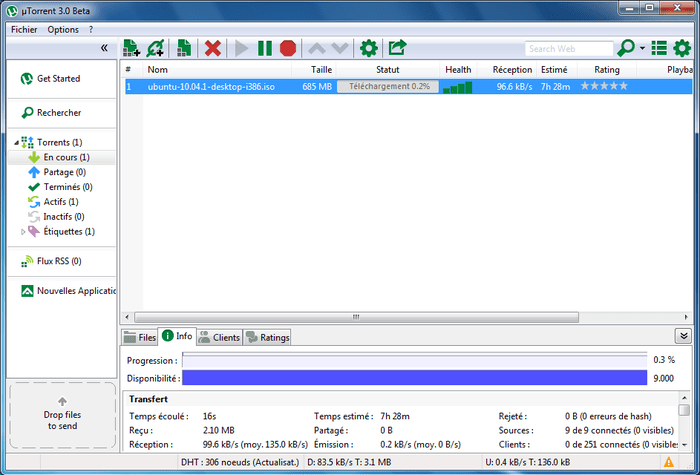

Laws are changing dramatically, worldwide, trying to keep balance between entrenched corporate interests (like content/media products) and then constant evolution file-sharing technologies.

The BitTorrent protocol is legal in most countries around the world, and so are torrent downloads from legal sources. It’s not a piracy tool, just like a web browser isn’t a piracy tool. Torrent Legality: an overviewįirst off, let’s be clear: BitTorrent is only file-sharing protocol. We may interpret the legal climate in a country different than a the exact statutes (or a judge) might. This article is opinion and represents our current understanding of file-sharing laws in certain countries. We’re not legal experts, nor do we claim to be. This article is provided for informational purposes only.

Some countries outlaw torrenting altogether (even from legal sources) while others (Switzerland, Spain) allow the downloading of copyrighted materials for ‘Personal Use.’ This is especially true when it comes to the gray area of sharing copy-protected materials. Filesharing networks (like BitTorrent) are popular worldwide, but there’s no unified rule about how torrent websites (or torrent users) should be regulated.


 0 kommentar(er)
0 kommentar(er)
